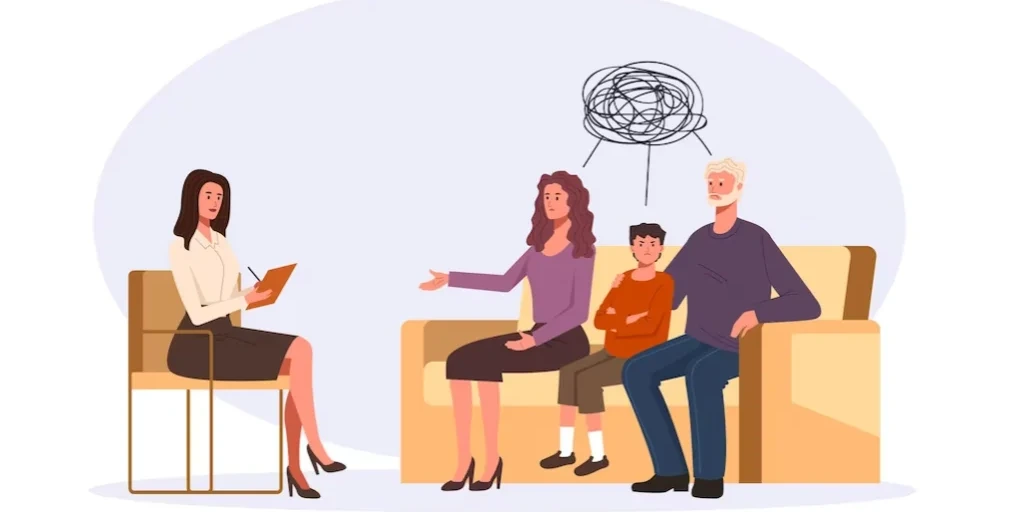24/7 Helpline:
(866) 899-111424/7 Helpline:
(866) 899-1114
Learn more about Amphetamine Detox centers in Grundy Center
Amphetamine Detox in Other Cities

Other Insurance Options

Private insurance

Covered California

Optum

Excellus

State Farm

Anthem

AllWell

Sutter

Access to Recovery (ATR) Voucher

Self-pay options

EmblemHealth

Ambetter

UMR

GEHA

Molina Healthcare

Health Partners

Health Choice

Magellan

Aetna

Kaiser Permanente


Pine Rest Christian Mental Health Services
Pine Rest Christian Mental Health Services - Washington Avenue is located in Holland, Michigan. Pine...

Community Mental Health Services
Community Mental Health Services is a public rehab located in Holland, Michigan. Community Mental He...

Ottagan Addictions Recovery – Harbor House for Women
Ottagan Addictions Recovery - Harbor House for Women is a residential treatment facility for women a...

Ottagan Addictions Recovery
Ottagan Addictions Recovery offers outpatient and intensive outpatient services for individuals affe...

Pathways
Pathways - Century Lane offers outpatient treatment for individuals with alcohol and/or substance ad...

Holland Alano Association
Holland Alano Association is a private rehab located in Holland, MI. Holland Alano Association speci...

Ottagan Addictions Recovery – Chester A. Ray Center for Men
Reach for Recovery is a drug and alcohol recovery center in Holland, MI. The CARF accredited facilit...

Hope Network, The Development Center
Hope Network, The Development Center is a private rehab located in Holland, Michigan. Hope Network, ...

Lakeshore Counseling Services
Lakeshore Counseling Services is a private rehab located in Holland, Michigan. Lakeshore Counseling ...

Conrad Center for Mental Health
Conrad Center for Mental Health is a private rehab located in Conrad, Montana. Conrad Center for Men...

Center of Solutions
Center of Solutions is a online professional mental health and substance center that provides assess...













































































